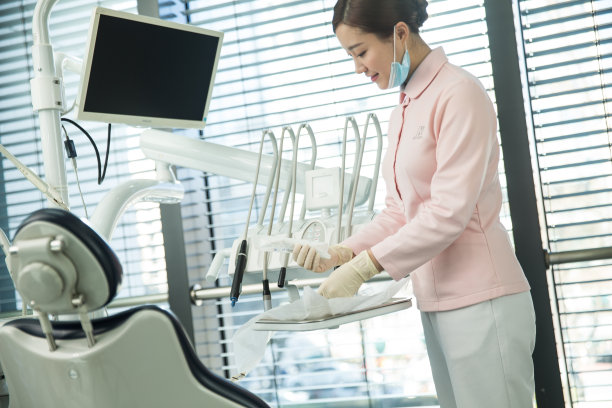Essential Precautions to Consider Before and After Getting Your Dental Filling for Optimal Oral Health
Summary: Getting a dental filling is a common procedure aimed at restoring damaged teeth and preventing further decay. However, to ensure optimal oral health, specific precautions must be taken before and after the treatment. This article outlines the essential steps that patients should consider, emphasizing the importance of proper communication with the dentist, understanding post-treatment care, managing dietary choices, and maintaining routine check-ups. By following these precautions, patients can significantly enhance their recovery and promote long-term dental well-being, paving the way for a healthier smile.
1. Effective Communication with Your Dentist

Before undergoing any dental procedure, it is crucial to have a thorough discussion with your dentist. Understanding the process, the materials to be used, and any potential side effects can help alleviate anxiety associated with the treatment. Dont hesitate to ask questions about the filling type, cost, and any necessary preparations for the appointment.
Another vital aspect of communication is to inform your dentist about your medical history, including any allergies or conditions. This information will help your dentist tailor the care to your specific needs and avoid any adverse reactions to medications or materials used during the filling.
Additionally, if you are on any medications or have recently undergone other dental treatments, make sure to share this information as well. Having a detailed conversation can ensure that you receive the safest and most effective care possible.
2. Understanding Post-Treatment Care
After getting a dental filling, following the dentists post-treatment care instructions is essential for proper healing. Initially, you may experience some sensitivity or discomfort in the treated area. Using over-the-counter pain relievers can help manage this discomfort, but make sure to follow the dosage instructions.
It is also important to avoid certain activities immediately after the filling. For instance, refrain from chewing on the side of the mouth where the filling is placed for at least 24 hours. This will help the filling properly set and minimize the risk of dislodgment or damage.
Additionally, practicing good oral hygiene is key. Brushing and flossing gently around the filling site will promote healing while preventing the buildup of plaque. Ensure you use a soft toothbrush and be cautious to avoid irritating the area during your routine oral care.
3. Managing Your Dietary Choices
Your diet plays a significant role in the success of your dental filling recovery. After the procedure, its advisable to stick to soft foods for the first few days. Foods like yogurt, mashed potatoes, and smoothies can provide essential nutrients without putting stress on the new filling.
Avoid hard, sticky, or overly hot foods that could harm the filling or cause discomfort. For instance, chewing ice or hard candies can lead to damage, while sticky candies may dislodge or pull at the filling.
Moreover, maintaining good hydration is essential. Drinking plenty of water can aid in the healing process and support your overall oral health, washing away food particles and reducing acidity that can lead to tooth decay.
4. Importance of Routine Check-Ups
After getting a dental filling, committing to routine dental check-ups is crucial for your oral health. Regular visits to the dentist allow for monitoring of your filling and overall dental condition. Dentists often perform check-ups every six months, but some individuals may require more frequent visits based on their oral health needs.
During these visits, your dentist will examine the integrity of the filling, ensuring that it remains properly in place and functions as intended. If any issues arise, timely intervention can help prevent further complications, such as decay around the filling site.
Additionally, routine check-ups are an excellent opportunity to receive professional cleaning, which can help maintain your oral hygiene and prevent future dental issues. A proactive approach to dental health is essential in preserving your smile and extending the longevity of your dental fillings.
Summary:
In conclusion, understanding and implementing these essential precautions before and after getting a dental filling can significantly enhance your oral health. Effective communication with your dentist, adhering to post-treatment care guidelines, managing dietary choices, and committing to routine follow-ups are all part of ensuring a successful recovery.
This article is compiled by Vickong Dental and the content is for reference only.



